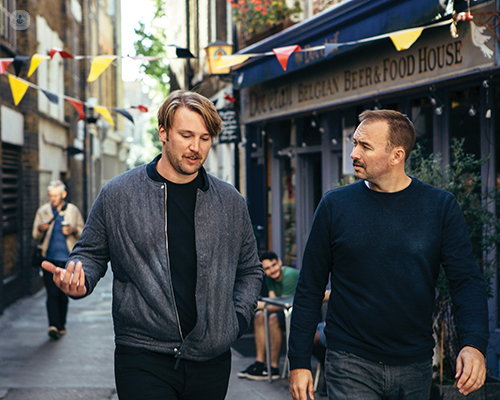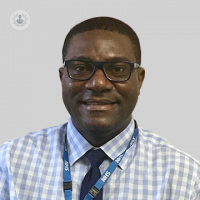What are the signs and symptoms for ADHD in adults?
Written in association with:In this article, we discuss with esteemed consultant psychiatrist, Dr Edwin Ugoh, what the main signs and symptoms of adult ADHD are, and how it is treated.

What are the signs and symptoms for ADHD in adults?
ADHD is what we call a developmental disorder. People with ADHD are generally born with it, and over time, it worsens and causes disruption in one’s life. We tend to start seeing signs and symptoms in and around the age of 12. Some patients, however, do not show signs of ADHD until they are well into adulthood, which is a significant problem, and something that requires effective treatment.
The symptoms of adult ADHD are the exact same as the signs we see in children. Essentially, we see three major categories of symptoms of ADHD: the first one is inattentiveness, where one’s attention is not sustained, they cannot focus on anything they are doing, and their mind wonders.
The second one is hyperactivity, whereby the person is very fidgety, restless, and, oftentimes, the person just cannot sit still. The last one is impulsiveness, where the person struggles to wait for the traffic lights to turn from red to green, for example, and the person can get involved in reckless behaviour such as drug consumption.
What is the best test for ADHD in adults?
It is more of an assessment of the patient. There is no brain scan or blood test for ADHD. We do, however, take a medical history. When we combine the questionnaires that the patient fills out, their medical history, and the assessment of the symptoms, we can make an informed judgment as to whether or not the patient has ADHD.
What is the treatment for ADHD in adults?
The treatment depends on how severely ADHD is affecting your personal life, working performance, and social performance. If it is quite severe, we can treat it with medications or behavioural strategies.
When it comes to medications, there are two types: the first one is what we call stimulant medications, and the second is what we refer to as non-stimulant medication. When we talk about behavioural strategies, we are talking about looking at your lifestyle and environmental surroundings and making appropriate modifications.
Dr Edwin Ugoh is a highly esteemed consultant psychiatrist who specialises in ADHD. Contact him today to book an appointment with him via his Top Doctors profile.


